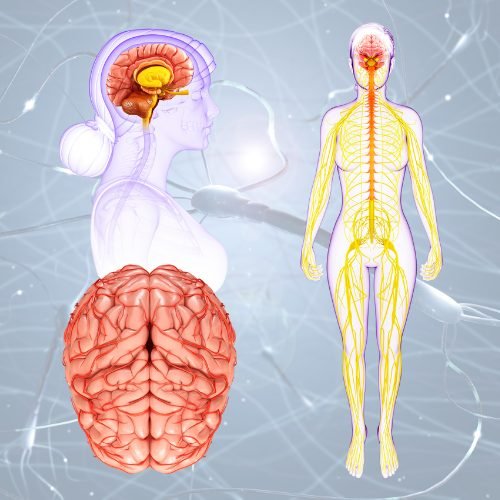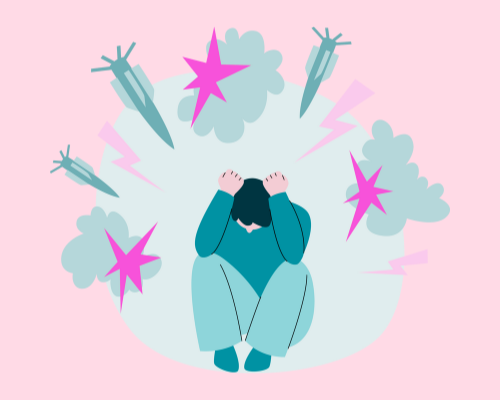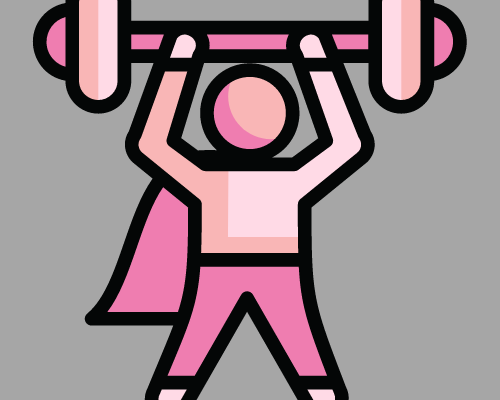Stress is how your body reacts to a change or challenge, and many different things can lead to it Chronic Stress can cause long term health issues.
Stress is subjective — not measurable with tests. Only the person experiencing it can determine whether it’s present and how severe it feels.
Stressors can also be positive or negative. For instance, getting a new job or losing a job can both cause stress.
Other causes of stress include:
- Marriage, separation or divorce.
- An illness or death of a loved one.
- Financial issues.
- Moving to a new house.
- Having a baby.
- Retiring.
Types of stress
There are three main kinds of stress: acute, episodic acute and chronic.
- Acute stress: Acute stress is short-term stress that comes and goes quickly. It can be positive or negative. It’s the feeling you get when you’re riding on a rollercoaster or having a fight with your boyfriend. Everyone experiences acute stress from time to time.
- Episodic acute stress: Episodic acute stress is when you experience acute stress on a regular basis. With this kind of stress, you don’t ever get the time you need to return to a calm, relaxed state. Episodic stress frequently affects people working in certain professions, like healthcare providers.
- Chronic stress: Chronic stress is long-term stress that goes on for weeks or months. You may experience chronic stress due to marriage troubles, issues at work or financial problems. It’s important to find ways to manage chronic stress because it can lead to health issues.
Causes of acute stress may include everyday stressors, like:
- Having an argument with a friend or loved one.
- Studying for a big test.
- Getting ready for a work presentation.
- Needing to get a lot completed in a short amount of time.
- Experiencing many small problems all at once, like getting in a traffic jam, spilling coffee all over yourself and running late.
When you have long-term (chronic) stress, continued activation of the stress response causes wear and tear on your body.
You may develop stress symptoms that are physical, psychological or behavioural.
Chronic Stress Physical symptoms

Physical symptoms of stress may include:
- Aches and pains.
- Chest pain or a feeling like your heart is racing.
- Exhaustion or trouble sleeping.
- Headaches, dizziness or shaking.
- High blood pressure (hypertension).
- Muscle tension or jaw clenching.
- Stomach or digestive problems.
- Trouble having sex.
- Weakened immune system.
Psychological symptoms
Stress can lead to emotional and mental (psychological) symptoms, like:
- Anxiety or irritability.
- Depression.
- Panic attacks.
- Sadness.
Behavioural symptoms

Often, people with chronic stress try different things to cope. And some of those things are habit-forming and can have an impact on your health. These may include:
- Alcohol use disorder.
- Gambling disorder.
- Overeating or developing an eating disorder.
- Participating compulsively in sex, shopping or internet browsing.
- Smoking.
- Substance use disorder.
Stress rash
Stress rashes often appear as pink or discoloured, raised bumps called hives. Hives are welts that can develop and swell on the surface of your skin. They can itch, burn and even hurt. Hives are usually an allergic reaction to something, like certain kinds of foods, fabrics or chemicals. But sometimes, stress can trigger an outbreak.
Like other kinds of hives, you can try treating them with an antihistamine. But it’s also important to manage your stress.
How can we relieve stress?
You can’t avoid stress. But you can stop it from becoming overwhelming by practicing some daily stress relief strategies:
- Stress management starts with feeling good physically. Try getting some form of physical activity when you feel symptoms of stress coming on. Even a short walk can boost your mood.
- At the end of each day, take a moment to think about what you’ve accomplished — not what you didn’t get done.
- Set goals for your day, week and month. Narrowing your view can help you feel more in control of the moment and long-term tasks.
- Consider talking to a therapist or a healthcare provider about your worries.
Daily strategies can help you keep stress at bay:
- Try relaxation activities, like meditation, yoga, tai chi, breathing exercises and muscle relaxation. Programs are available online, in smartphone apps, and at many gyms and community centers.
- Take good care of your body each day. Eating right, participating in physical activity and getting enough sleep can help your body handle stress much better.
- Stay positive and practice gratitude, acknowledging the good parts of your day or life.
- Accept that you can’t control everything. Find ways to let go of worry about situations you can’t change.
- Learn to say “no” to additional responsibilities when you’re too busy or stressed.
- Stay connected with people who keep you calm, make you happy, provide emotional support and help you with practical things. A friend, family member or neighbor can become a good listener or share responsibilities so stress doesn’t become overwhelming.




